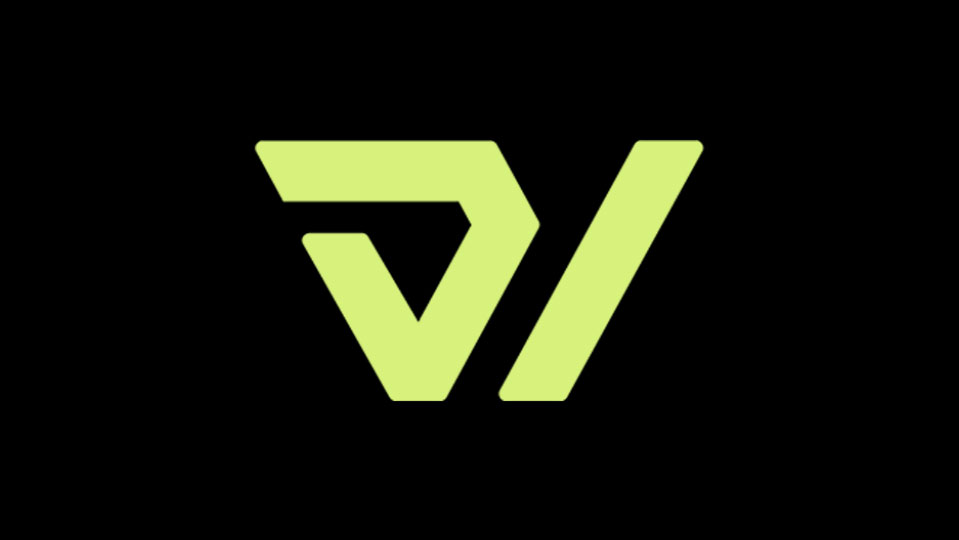Modern slavery is just one of the many umbrella terms for human trafficking which exists in many forms, including child and forced labor, forced commercial sexual exploitation, involuntary servitude, debt bondage, forced criminal activity, etc. Today, the criminal businesses of modern slavery have never been more persistent or prevalent, even when slavery was legal. Consumers and businesses are inadvertently promoting and sanctioning these crimes through the purchase of goods, products, and services produced via child or forced labor which are becoming increasingly commonplace in the global marketplace and supply chains.
Global estimates indicate that:
- 49.6 million people are in modern slavery on any given day, either forced to work against their will or in a marriage that they were forced into
- Forced labor accounts for 27.6 million of those in modern slavery and forced marriage for 22 million (2021 Global Estimates of Modern Slavery Forced Labor and Forced Marriage, International Labor Organization, Walk Free, and International Organization for Migration, Geneva, 2022)

A significant share of child labor and modern slavery in global supply chains occurs in upstream industries, in activities such as raw material extraction and agriculture, making due diligence, visibility and traceability challenging.
Modern Slavery Acts
Many governments around the world are using legislation to drive responsible business conduct in global supply chains to addresses issues such as foreign bribery/corruption, modern slavery or minerals from conflict-affected and high-risk areas. The legislation aims to implement into statutory law certain principles and standards currently included in soft law, such as the:
- OECD Guidelines for Multinational Enterprises on Responsible Business Conduct, 2023
- OECD Due Diligence Guidance for Responsible Business Conduct, 2018
Due Diligence Process & Supporting Measures

In accordance with these Organization for Economic Cooperation and Development Guidelines, a number of countries have enacted Modern Slavery Acts with regulations to ensure businesses, primarily large retailers and manufacturers, provide consumers with information regarding their efforts to eradicate slavery and human trafficking from their supply chains, educate consumers on how to purchase goods produced by companies that responsibly manage their supply chains, and, ultimately, improve the lives of victims of slavery and human trafficking.
California’s Transparency in Supply Chains Act of 2010 (CTSCA — Senate Bill 657), enacted in January 2012, was one of the first key pieces of legislation focused on giving consumers visibility into the businesses they support so that they have the option to buy from companies actively working to eradicate modern slavery. In addition to providing visibility to consumers, the CTSCA encourages businesses to be proactive about responsible sourcing. The law applies to all retailers and manufacturers doing business in California with annual gross revenue exceeding $100,000. Eligible businesses must publish annual reports detailing their efforts to eradicate human trafficking and modern slavery in their direct supply chains.
The United Kingdom put forward the first national legal framework for combatting modern slavery, the Modern Slavery Act 2015, which became effective in October 2015. Under Section 54, it includes a provision on transparency in supply chains that requires companies supplying goods or services in the UK with an annual turnover of £36 million or more to publish an annual modern slavery statement indicating the steps they are taking to identify and address modern slavery risks.
The French Duty of Vigilance Law was adopted February 22, 2017 and became effective March 27, 2017. The Law places a due diligence duty on large French companies with more than 5000 employees in the company’s direct or indirect French-based subsidiaries and with more than 10,000 employees if including direct and indirect subsidiaries globally. Companies are required to establish, publish and implement an annual, public vigilance plan. The plan must include measures to identify and prevent potential and actual human rights and environmental risks. Interested parties can require judicial authorities to order a company to publish and implement a vigilance plan, or account for its absence.
In 2018, Australia became the second Commonwealth country to pass a Modern Slavery Act which became effective in January 2019. It establishes a requirement for companies with an annual consolidated revenue over A$100 million to release annual reports on their actions to address modern slavery in their operations and supply chains. Eligible companies must report annually on the risks of modern slavery in their operations and supply chains and the actions taken to address these risks. Reports are submitted to the Ministry of Home Affairs and held in a public register – the Modern Slavery Statements Register.
In 2021, the German Parliament passed the Act on Corporate Due Diligence Obligations in Supply Chains (Gesetz über die unternehmerischen Sorgfaltspflichten in Lieferketten, LkSG). The Act requires enterprises in Germany to respect human rights by implementing defined due diligence obligations. The Act initially applies to enterprises in Germany with at least 3,000 employees from 2023 and then extends to those with at least 1,000 employees in 2024. The Federal Office for Economic Affairs and Export Control (Bundesamt für Wirtschaft und Ausfuhrkontrolle, BAFA) has the necessary enforcement instruments to monitor an enterprise’s supply chain management.
Norway’s Transparency Act was enacted on June 10, 2021 and entered into force on July 1, 2022. The law covers all larger companies domiciled in Norway, as well as foreign companies selling products and services in Norway (approximately 9,000 companies). Companies must conduct human rights due diligence assessments on their operations and their entire supply chain, including business partners. They must take steps to prevent and limit human rights violations identified through these assessments, and must provide or cooperate with efforts to remedy any violations. Companies must report on all of these activities and make this information available on their corporate websites. Companies are also legally obliged to respond to information requests from individuals about the human rights risks in their operations, and their related due diligence activities. If a company does not comply with this law, they could face fines or injunctions. The Norwegian Consumer Authority (Forbrukertilsynet), an independent administrative body under the Ministry of Children and Family Affairs, monitors compliance with the provisions of the Act. It has a close dialogue with National Contact Point Norway, which is responsible for following up the OECD Guidelines for multinational companies upon which the Transparency Act is largely based.
On May 11, 2023, Canada passed the Fighting Against Forced Labor and Child Labor in Supply Chains Act (Bill S-211), which took effect on January 1, 2024. The purpose of this Act is to implement Canada’s international commitment to combat child and forced labor by implementing reporting obligations on certain businesses and government entities. The first reports under this Act are due May 31, 2024.
Within the European Union (EU), other laws establishing due diligence requirements with regard to specific issues have been or are in the process of being adopted. The European Commission for Corporate Justice comparative table, Corporate Due Diligence Laws and Legislative Proposals in Europe, March 2022, details efforts in the EU, France, Germany, Norway, the Netherlands, Austria, and Belgium.
- In 2016, the EU passed the Conflict Minerals Regulation, which established supply chain due diligence obligations for EU importers of tin, tantalum and tungsten, their ores, and gold originating from conflict-affected and high-risk areas.
- In 2019, the Netherlands passed the Child Labor Due Diligence Law, not yet in force, which will require companies to determine whether child labor occurs in their supply chains and set out a plan of action on how to combat it.
- In 2020, Switzerland passed a law that will introduce due diligence requirements for conflict minerals and child labor.
- On February 23, 2022, the Commission adopted a proposal for a Directive on corporate sustainability due diligence. The aim of this Directive is to foster sustainable and responsible corporate behavior and to anchor human rights and environmental considerations in companies’ operations and corporate governance. The new rules will ensure that businesses address adverse impacts of their actions, including in their value chains inside and outside Europe.
Supply Chain Transparency and Due Diligence Resources
As a result of the above efforts, there are copious resources on supply chain transparency and due diligence available to businesses to address child and forced labor. These will be the subject of a follow-on article, Modern Slavery Acts Combating Child and Forced Labor: Part 2.




